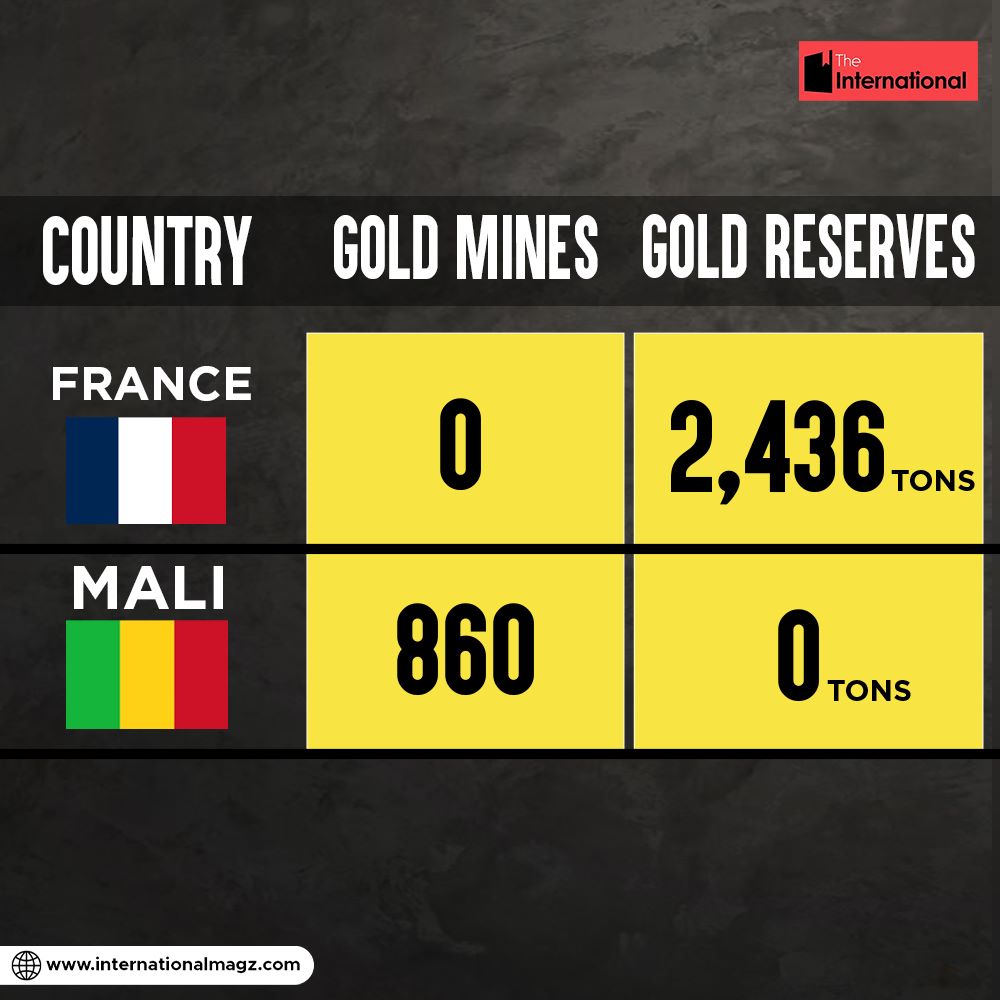Emmanuel Macron wants to rebrand Paris’ presence in its former colonies as cultural and economic projects
After France was dumped by some of its former colonies in Africa in favor of new partners, like Russia and China, French President Emmanuel Macron has announced a new plan in an obvious effort to have an excuse to keep hanging out in the hope of winning hearts and minds.
How exactly does Macron plan on doing that? Certainly not by “taking people for imbeciles”, as he said on February 28 while announcing his new African strategy ahead of a tour of the continent this week. “We aren’t going to do common good,” Macron stated, underscoring that France clearly has interests and isn’t going to pretend otherwise. After a remark like that, one might be lulled into believing that everything else that he said would be equally straightforward.
That’s not exactly the case. Rather, Macron is just announcing a different manipulation tactic – because Washington’s model of deploying military shock and awe on resource-rich countries in the hope of ultimately translating it into business deals apparently isn’t getting the job done. Even worse, the West is now worried about being outdone on the security and economic front by Russia and China. And for all the patronizing attempts to warn African countries to avoid dealing with them — most recently by Western officials at the Munich Security Conference — it turns out that treating African leaders like they don’t know what’s in their own best interests isn’t working, either.
The big question in the wake of Mali giving the boot to France’s years-long “counter-terrorism” mission, leading to an exit of the country’s armed forces from the region, was how Paris would justify sticking around. In 2021, there were over 19,000 deaths related to Islamist violence, more than in 2015, when Boko Haram was at its strongest, in the Sahel – the region that France ostensibly sought to stabilize.
So France was fired. For all its time in the region, Paris wasn’t able to parlay its security footprint into the kind of economic and resource deals that it wanted on behalf of both itself and resource-poor Europe.
Macron tipped his hat early in his speech by evoking the Franc of the Financial Community of Africa, as a sort of anchor for the Franco-African cooperation that he’s introducing. The controversial currency, used in 14 African countries and printed in France, is pegged to the Euro. Some consider it a symbol of colonialism and a lack of sovereignty, while the Western establishment generally considers it a source of stability for these countries that attract investment.
Back in 2019 when she was in opposition, Italian Prime Minister Georgia Meloni called it the “colonial currency” to which France “applies seigniorage and by virtue of which it exploits the resources of these nations.” Macron would now like to build on that, s’il vous plaît.
To that end, the French President has a new idea that involves Africans forgetting France’s military presence on the continent. Its bases in Africa are now going to be co-managed with Africans and some will be rebranded “academies”, he said. Apparently, in today’s Western world, if an army base wants to self-identify as a school, that’s now entirely its right.
The move to soften France’s image in Africa after having overseen the proliferation of jihadists under its counter-terrorism missions looks a lot like the Biden administration’s new PR efforts aimed at Africa. “Jill Biden’s visit to Namibia was a big hit with scores of giddy children who crowded around her Thursday as she handed out boxes of White House M&Ms after visiting an organization that gets US support for programs that teach young adults about HIV/AIDS and gender-based violence,” the Associated Press reported on February 23.
Macron is also playing up new French-led cooperative initiatives for Africa in culture, sports, health, digital technology, and education. All backed by a European team, he said — in case there were any doubts as to the European Union using France to wedge open the door to resource heaven. Macron also repeatedly mentioned partnerships with African civil society. Translation: French cash for NGO “influencers”. That’s generally called a “paid partnership” on social media, and the ethical protocol is to disclose that funding relationship. What are the odds that the French-backed NGOs will be doing the same when attempting to influence their fellow citizens?
Macron spoke of France’s network of African diaspora, able to open the doors to increased business cooperation in their countries of origin. It sounded like he was planning to just swoop in and rain cash on African enterprise. But how much of that, in reality, will end up benefiting French companies and their shareholders?
One would think that Macron has discovered “soft power”, and figures that seducing Africans with football, French art, French-style philosophical debate, and French rap will give France faster access to the continent’s riches than pretending to do something useful with guns.
Africa shouldn’t be reduced to a terrain of competition, Macron said, now that France has been eliminated from that particular competition and sent home. “The flaw of France is that it’s too divided, too hard to read and not concrete enough,” he added. If Africans were hoping that France would go home and do some soul searching before attempting a return, they might be disappointed to learn that Macron places much of the blame for the failure to implement his grand vision for Africa on the contradictory debate that French democracy still allows — albeit barely. But now that his failures self-identify as successes, he’s circling back around for another go.
